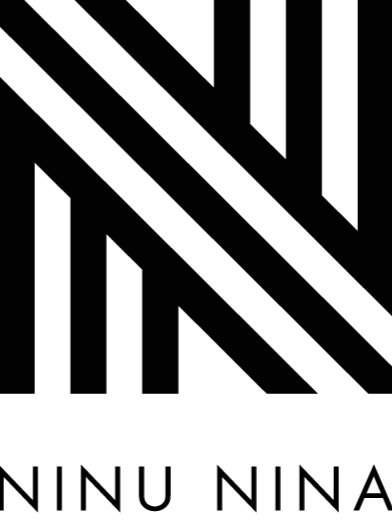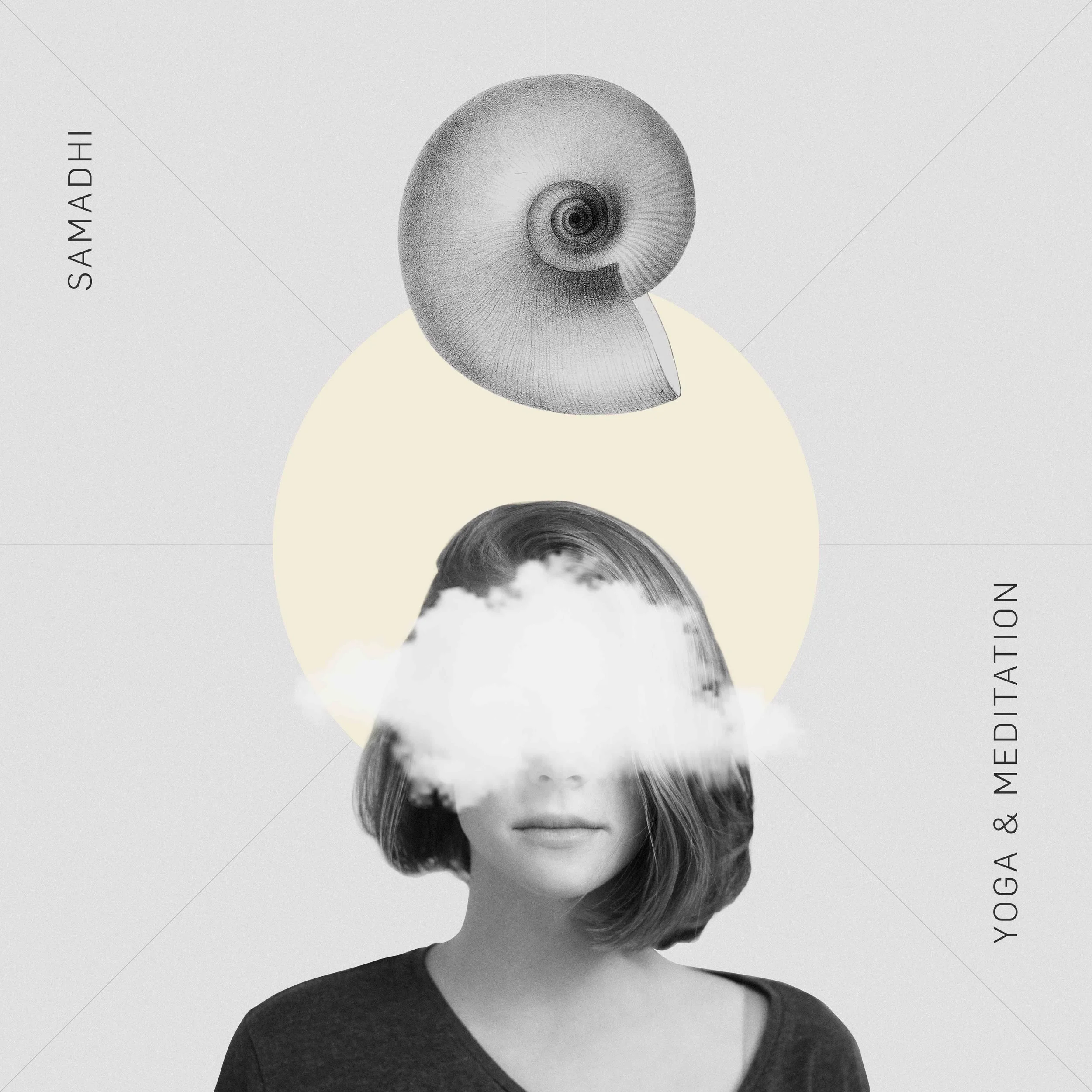OF NIGHT OWLS AND EARLY RISERS
Born and raised in Stuttgart, Germany, Jens Weinmann has been writing and producing songs for bands and as a solo artist for over two decades. As SAMADHI he is releasing music particularly shaped by his love for ambient sounds.
When I was 15 years old I started to learn electric guitar and got in touch with the local punk rock scene in Stuttgart, Germany. Although I’ve never been a punk myself, I could very much relate to their process of writing music. During the late 90s Germany had a very strong hiphop community which unveiled an entire new approach to music production based on samples and synthesizers. My friend and I took our entire savings and bought the Roland MC-303 to create our own productions. These two approaches of writing songs, either as a collaboration with other musicians in a rehearsal space or entirely based on programming loops with a machine.
Tell us about your greatest inspirations or influences?
The process of writing and producing songs is for me an ongoing one. This means that inspirations or influences are unconscious and can occur from every directions such as other music, fine art, movies, books, etc.
The greatest inspiration for me as a musician is listening to other musicians and their work. Doesn’t matter whether it’s recently released or many decades old.
Tell us a bit about your creative process?
Songs and productions can have their starting point on an acoustic instrument or as the first stem within my production software. For me it’s best practice to produce constantly, even when motivation and inspiration levels are low. I would even say, some of my best songs happened on one of these rather uninspired days.
How has the pandemic affected your creativity and how do you see the world changing?
Particularly in music, I realized a huge amount of new music as a consequence of musicians being banned from playing live. Depending on what you are doing and where you are living the restrictions may still have a huge impact on the creative process. For me personally, the creative process didn’t change substantially. In general I see a significant impact on the digitalization of our world. I don’t think these developments are a consequence of the pandemic, but they got speeded up tremendously and fast forwarded us ten years from now.
Who do you consider to be an icon of our time?
I think the two major topics of todays society are artificial intelligence and climate change and how we cope with both. Thus, symbolic and iconic are for me the silicon valley and it’s entrepreneurs as well as climate movements such as fridays for future. Both topics will also have an huge impact on artists and the creative industry, may it be as part of their work or as part of the processes and new business models.
What does wellbeing mean to you, and what do you practice?
To me wellbeing is mental and physical health as well as strength. There are things in live that damage you’re mental and physical capacities and there are things which foster them. The more you do to the benefit of your mental and physical health and the more you resist those things with a negative impact the better you feel.
Anything else you would like to share?
I am currently in the middle of the promotion for my new album “Of Night Owls And Early Risers“ which will launch in March, I hope listeners will enjoy it.





